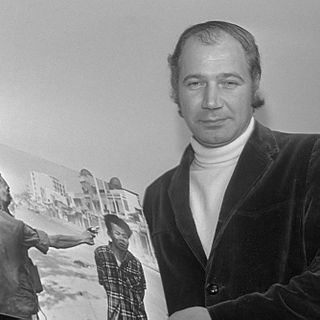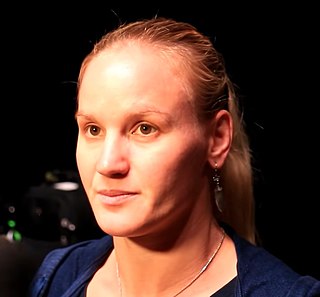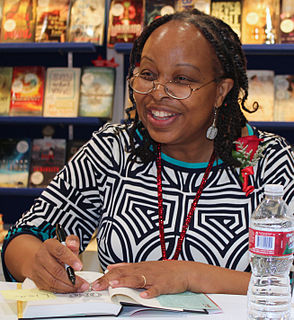A Quote by Eddie Adams
All that a Pulitzer really does is give the obit writers something to put between the commas after your name.
Related Quotes
The Pulitzer isn't a physical object. You can't hold it in your hand. You get some money ($7,500 in my day), and you get a little Tiffany's paperweight with your name on it and the image of Joseph Pulitzer suspended in the crystal. When people see my 'Pulitzer' (I keep it in my sock drawer), they are pretty amazed at its meagerness.
One thing about winning a Pulitzer, it means you know what the first three words of your obituary will be: Pulitzer Prize-winner. After winning the Pulitzer, I couldn't help but notice how people suddenly looked at me with a newfound respect, and would say, "He's an expert." On the negative side, I developed a terrible case of writer's block for awhile, because I felt like readers would expect every one of my columns to be prize worthy.
A name is important. It isn't something you drop in the litter basket or on the ground. Your name is now people know you. The very mention of your name makes a picture spring to mind, whether it's a picture of clashing fists or a mighty mountain that can't be knocked down. Your name is who you are and how you're known even when you do something great or something dumb.
Surely it is an odd way to spend your life - sitting alone in a room with a pen in your hand, hour after hour, day after day, year after year, struggling to put words on pieces of paper in order to give birth to what does not exist - except in your head. Why on earth would anyone want to do such a thing? The only answer I have ever been able to come up with is: because you have to, because you have no choice.
The commas are the most useful and usable of all the stops. It is highly important to put them in place as you go along. If you try to come back after doing a paragraph and stick them in the various spots that tempt you you will discover that they tend to swarm like minnows into sorts of crevices whose existence you hadn't realized and before you know it the whole long sentence becomes immobilized and lashed up squirming in commas. Better to use them sparingly, and with affection, precisely when the need for each one arises, nicely, by itself.
When you are an historian, there's probably nothing that matters more than to be recognized by your colleagues in your own profession. I was lucky enough to win the Pulitzer Prize for History. I had to give a talk right after that to some young people. The most important thing to tell them, I think, is that you can't ever know that it's going to turn out that way.
Precocious and eccentric are okay. But I think that people in the arts represent something integral and kind of secretive in everybody else. So the reason people like some artists is because they're saying or doing something that they would like to do or say, but they don't have the balls or the means. People are really afraid to put their ass on the line. Just to put your face on a poster and put your name in big print and say "Come see me," that takes some cojones, you know? Ambition is nothing to be ashamed of.



































